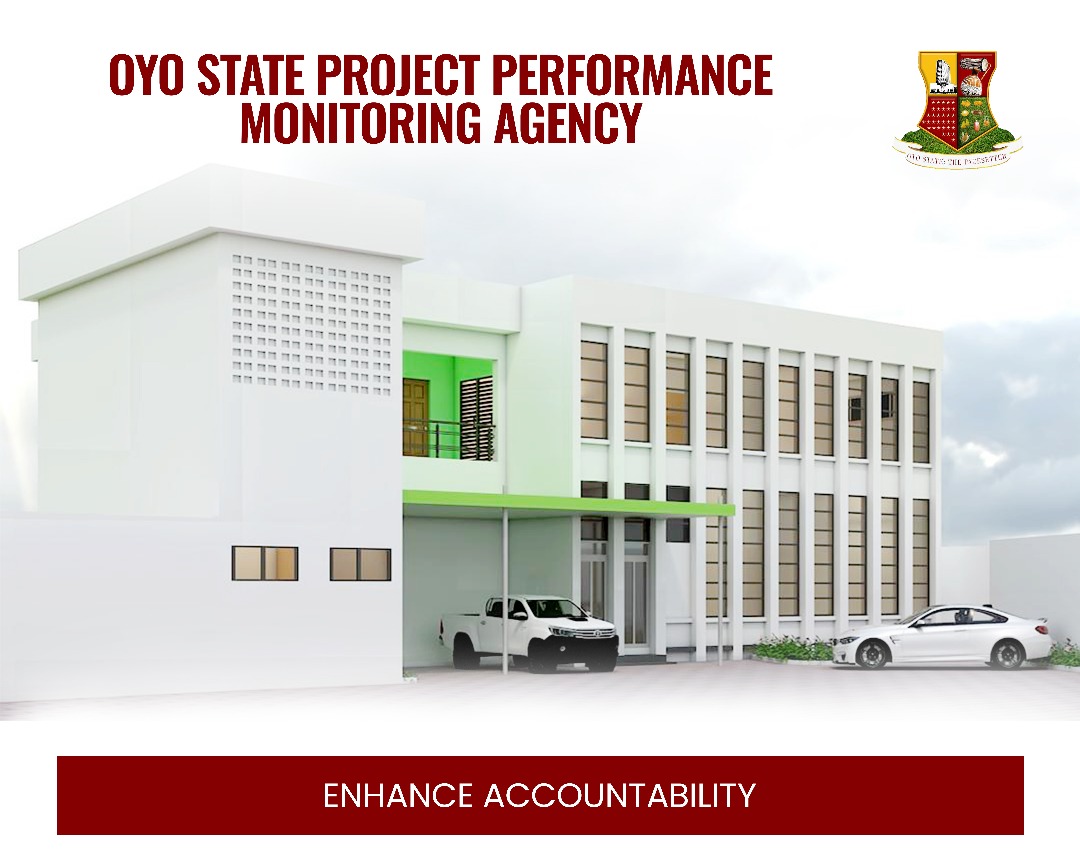Assessing the Absence of ASUU Strikes under Tinubu’s Administration By Segun Akinlabi
As President Bola Ahmed Tinubu’s administration marks its second year, one notable development stands out: the absence of Academic Staff Union of Universities (ASUU) strikes. Given the history of prolonged strikes that have plagued Nigeria’s education sector, this could be a welcome respite for students.
Since 1999, ASUU strikes have resulted in a combined 47 months of university shutdowns. Recent strikes, such as those in 2013, 2018 and 2020, were sparked by disputes over university funding, professor retirement age and the Integrated Payroll and Personnel Information System (IPPIS). These strikes have not only disrupted academic calendars but also impacted the quality of education.


While the absence of ASUU strikes under President Tinubu’s administration might seem like a positive development, it’s crucial to examine the underlying factors. Has there been significant improvements in university funding or lecturer welfare? Have the root causes of previous strikes been addressed?
President Tinubu’s administration has been marked by bold decisions, such as the removal of fuel subsidies. However, the impact of these decisions on the education sector remains to be seen.

Without more information on government-ASUU relations and the specific issues that led to past strikes, it’s challenging to determine whether this period of calm will continue. To ensure the stability of Nigeria’s education sector, the government must prioritize dialogue with ASUU and address the underlying issues that have led to strikes in the past.
While it’s commendable that President Tinubu’s administration has achieved two years without ASUU strikes, the sustainability of this development depends on the government’s commitment to resolving the longstanding issues in the education sector. The President’s efforts to stabilize the economy and address security challenges will also play a crucial role in determining the future of Nigeria’s education system.
Ultimately, the absence of ASUU strikes in President Tinubu’s first two years is a notable development, but it’s essential to continue monitoring the government’s progress in addressing the underlying issues that have led to strikes in the past.
Will President Bola Ahmed Tinubu sustain this legacy for another two years? May Almighty God spare our life to witness it and beyond! God bless the Federal Republic of Nigeria.
Segun Akinlabi writes from Ibadan

